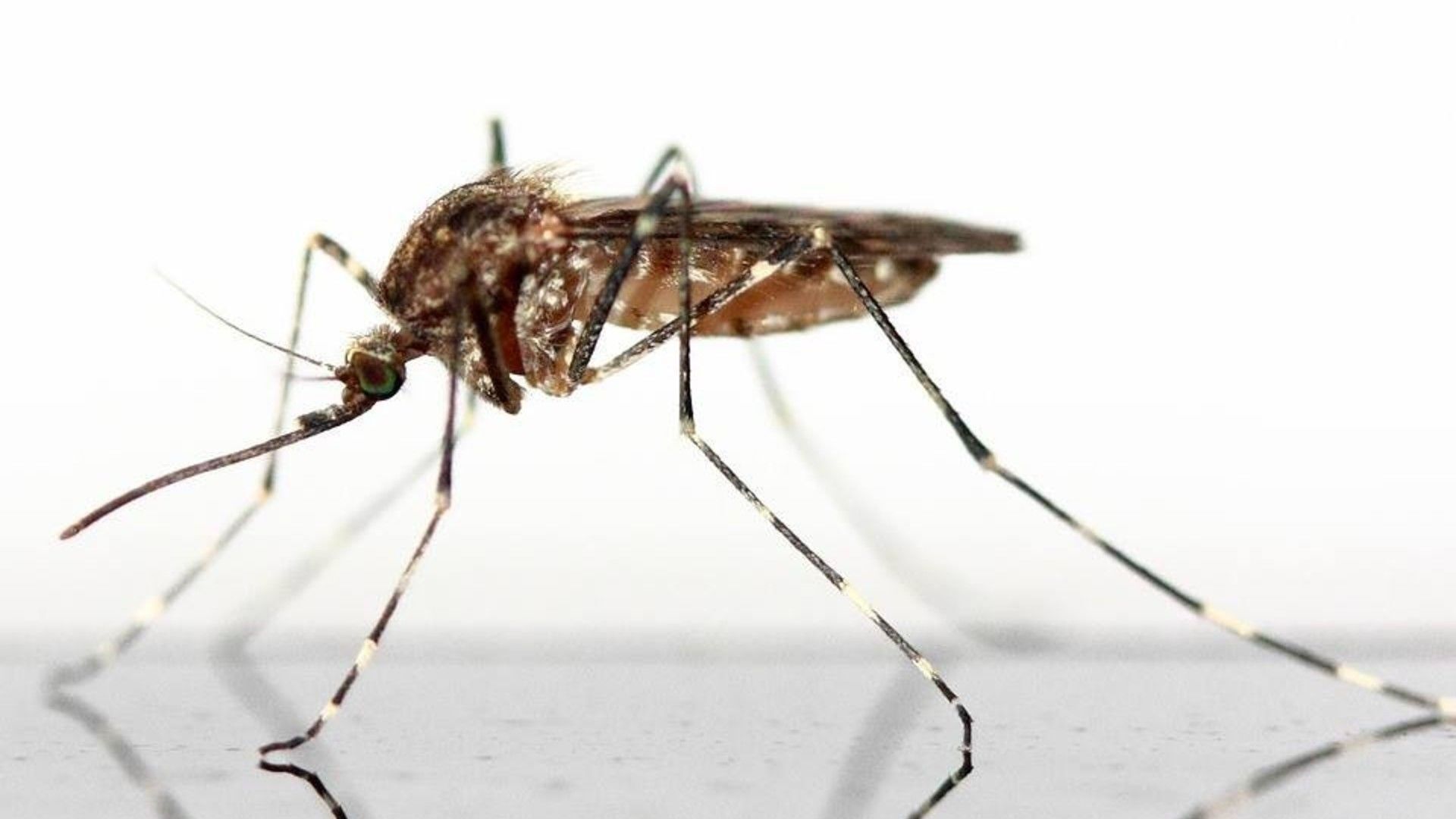A health alert has been issued in connection with a flesh-eating skin disease registered for the first time in Melbourne, Australia.
“Several cases of Buruli ulcer have occurred in the Essendon, Moonee Ponds and Brunswick West areas of inner Melbourne,” said Victoria's Chief Health Officer Professor Brett Sutton on Tuesday, adding:
“The risk of acquiring Buruli ulcer in these areas is considered low. However, this is the first non-coastal area in Victoria to be recognised as a potential area of risk.”
#RareDiseaseDay Most #NTDs NeglectedTropicalDiseases are not rare. But some like #Buruli ulcer are regional, rare globally& without funding pic.twitter.com/Jr8XC7cspD
— Prof Peter Hotez MD PhD (@PeterHotez) February 28, 2017
All identified cases of the disease, which is caused by the bacterium Mycobacterium ulcerans (M. ulcerans) had been known to visit high-risk areas, such as Melbourne's Mornington Peninsula, Bellarine Peninsula, southeast bayside suburbs and East Gippsland.
Professor Sutton was cited as elaborating that genetic analysis of the bacteria from each person “suggests a common source of infection in the area”.
“The potential source of M. ulcerans in Melbourne's inner north has not been established, although the bacteria were isolated from the faeces of a local possum,” said the expert, adding that the disease is not transmissible from person to person. He also sought to allay concerns, suggesting there was no evidence of transmission of the disease from possums directly to humans.
While often dismissed as a mere insect bite at the outset, the Buruli ulcer, or Bairnsdale ulcer, is a skin infection commonly found in west or central Africa and is usually associated with stagnant water.
Pamela Small tracking down the transmission of one of the most neglected #NTDs, Buruli Ulcer, @WACCBIP_UG #WRC2018. Importance of understanding the environment, behaviour and exposure with clasdical epidemiology and chance observations pic.twitter.com/94jumwjxX2
— Aubrey Cunnington (@acunningID) July 19, 2018
While occurring most often on exposed areas of the limbs, the nodule is originally painless, but may later ulcerate in one or two months, becoming painful and causing a severe fever.
Recent evidence has increasingly linked mosquito bites to the transmission of the disease.
Victoria's Department of Health and Human Services stressed that cases of Buruli ulcer must be notified within five days of diagnosis, adding that while in the state the incidence of the disease is the highest in people aged 60 and older, people of any age can be infected.


